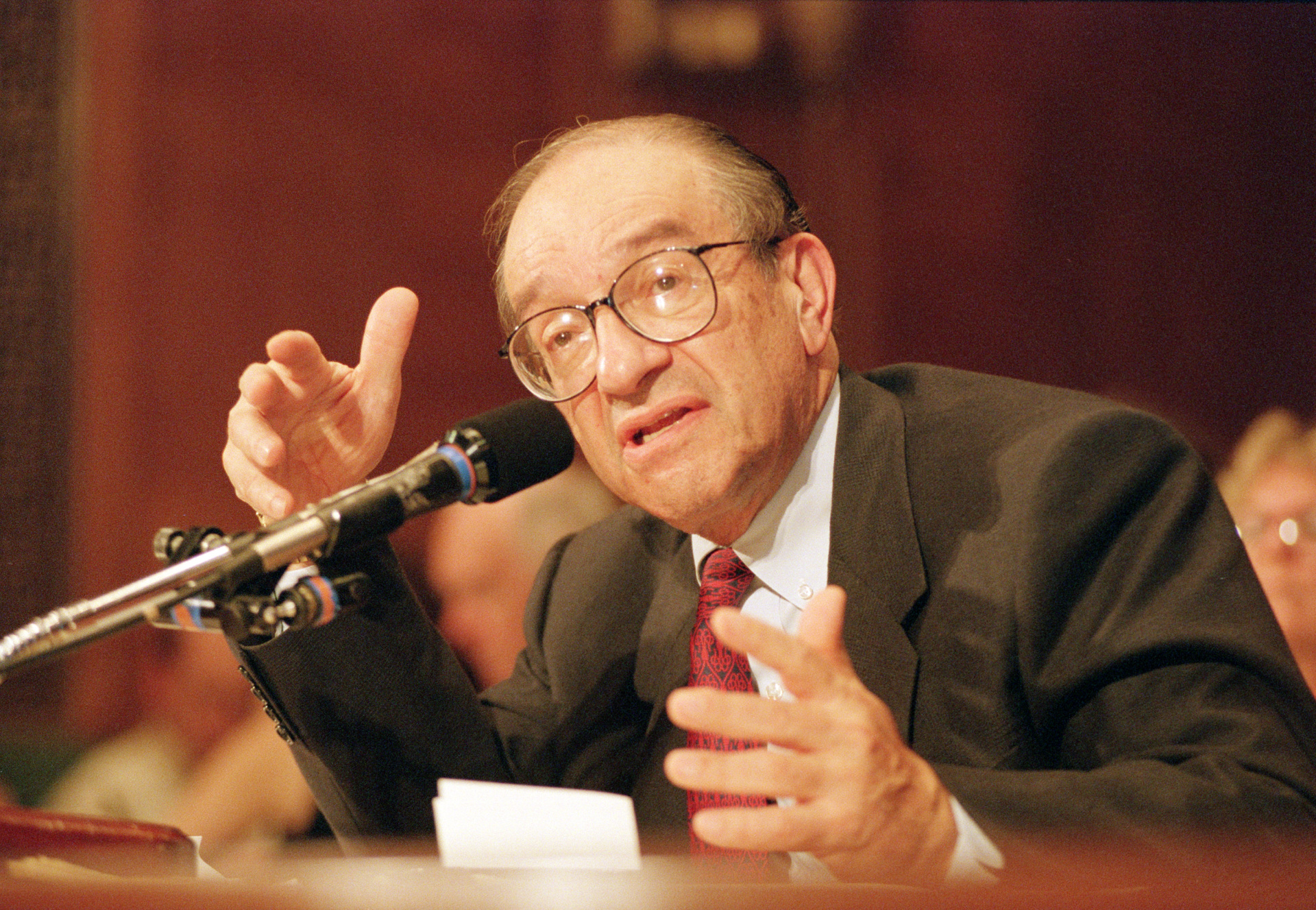The latest low unemployment numbers and lagging wage gains all point to “more inflation in the pipeline” when workers pinched by high prices demand higher wages and those wages create even more inflationary pressure, explained Breitbart Economics Editor John Carney in an interview Friday on Larry Kudlow’s eponymously named Fox Business show.
Friday’s hotter-than-expected jobs report—showing the U.S. economy added 517,000 jobs in January—sparked fears that the Fed will have to fight a more protracted war to bring inflation down. This likely means multiple interest rate hikes this year beyond the expected hike after the Fed’s March meeting, Carney said.
“I think the Fed is going to look at this [job] number and say, ‘We’re not going to bat signal that when we raise rates in March that that’s the end.’ A lot of people on Wall Street thought, ‘Yeah, maybe they’re going to end the hiking cycle at March.’ I think this number is enough to keep [the Fed hikes] going through May and probably through June. So, rather than just one more hike, we have two,” Carney said.
The figure for the three-month average in job creation might provide the best crystal ball for Fed Chair Jerome Powell’s thinking, Carney explained.
“The three-month average in job creation is now 357,000. That is really high. We haven’t had a number that high since 1994,” he said. “And, you know, that [year] was leading into Alan Greenspan talking about irrational exuberance. So, that’s what I think we saw in the market today. They looked at the parts they like, which is the wage number, and ignored the parts they didn’t, which is jobs.”

Federal Reserve Board Chairman Alan Greenspan testifies before the Senate Banking Committee on July 20, 1994. Greenspan warned Congress that interest rates may need to move higher to ensure that inflation remains in check. (AP Photo/John Duricka)
As Carney noted in today’s Breitbart Business Digest:
[T]he Fed under Alan Greenspan read the 1994 economy as requiring further tightening of monetary policy. That should be a sobering message for those who are convinced that the Fed will wrap up its hiking cycle at the March meeting and possibly even cut in the back half of the year. At least by historical standards, monetary policy is still very loose given the employment situation and the inflation situation.
The high job numbers should not be seen as a negative, argued Brian Brenberg, the co-host of “Big Money” on Fox Business.
“This economy needs job creation more than almost anything else,” Brenberg said. “I want to see big numbers like this because that’s what gets us more productive again and helps us get out of the inflation problem.”
“This is the problem where the Fed wants to see that wage number come down, and the rest of America says, ‘No, I want the wage number to come up because I’m still treading water,’” he explained.
Brenberg sees the Fed’s slow roll out of incremental rate hikes as delaying the inevitable downturn and extending the pain of Americans struggling with rising prices.
“That’s why I hate this drip, drip, drip from the Fed because I think it just slows down the adjustment that we need,” he said. “People at home say, ‘Wall Street is celebrating, but I still can’t put eggs on the table and put gas in my car at the same time.’ And that’s why you’re seeing some of that consumer confidence remain very, very bad even now.”
Carney explained that workers feeling the inflationary pinch will demand pay rises, which will likely add more inflationary pressure.
“I think that because we have not seen real wage gains—because we’re lagging behind—that probably means there is a lot of wage increases coming down the pipeline. That is possible inflationary pressure. I think the Fed knows that,” he said.
“People are going to push to be made whole to be compensated for the inflation we’ve experienced. So, this is a delayed wage gain. So, while Wall Street was saying, ‘Yes! Look, there’s not a lot of inflation in this,’ I look at it and say, no, people aren’t going to accept being poor. They are going to push for higher wages. And so, in fact, this is telling you there’s more inflation in the pipeline coming later this year,” Carney added.
COMMENTS
Please let us know if you're having issues with commenting.